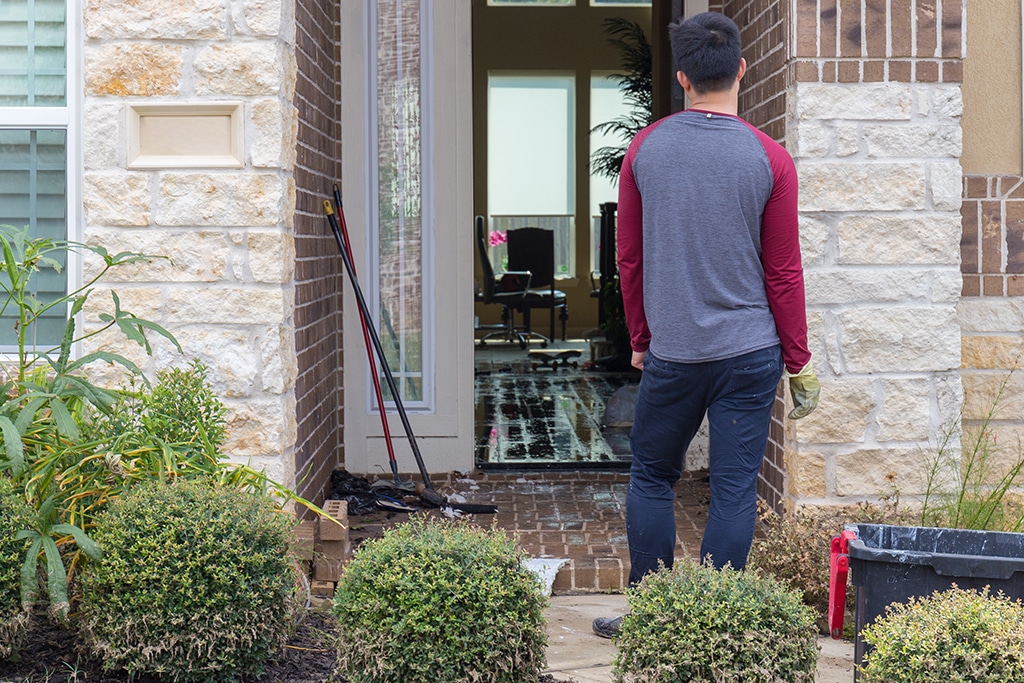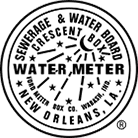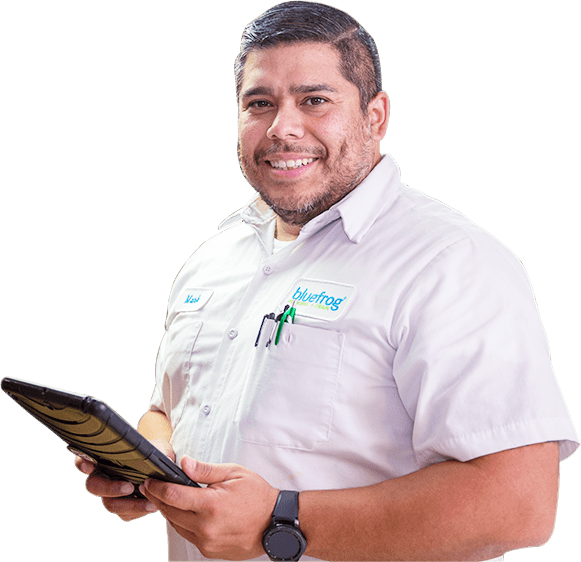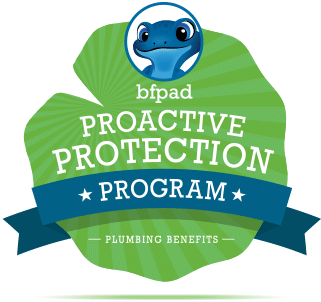
Flooded: Your Harvey, LA Plumber Can Help!
Photo By michelmond at Shutterstock
Even minor flooding can wreak havoc on home and hearth, causing untold damage and requiring a lot of hard work to return your Harvey, LA, home to its normal state. Whether caused by groundwater or a malfunction in your plumbing system, flooding can be nothing short of devastating. No matter the cause or how big the mess, your plumber can be a godsend in these troubled times.
In the Aftermath
First things first: the safety of you and your family is priority number one. It may take days for you to discuss your claim with your insurance company and begin repair work, so be patient and focus on what you can do while you wait.
When it’s safe to do so, cut all power to your home at the main breaker. This is important even if the power to your home is currently off. Locate your home’s circuit panel and flip off all circuits.
Visually inspect your property from the outside. Be on the lookout for signs of potential peril, such as a roof that has collapsed. If you are unsure of your safety, or if flooding is ongoing or severe, do not enter your home. Even if you think it’s safe, be cautious when going inside to take photos or retrieve possessions. Floodwater can be dangerous in many ways. First of all, it can spark a fire or carry electrical current that can kill or injure you. It is also a harbinger of microbes and bacteria. Additionally, it can make it hard for you to safely walk through your home, and even once it recedes, it can weaken your home’s structure, depending on the severity, depth and reach of the water inside.
Find Important Documents
Homeowners’ insurance in the state of Louisiana does not cover flooding due to natural disasters, so hopefully, you have purchased flood insurance to protect your Harvey, LA, home from either a private insurer or the National Flood Insurance Program if flooding is the result of a storm. Traditional homeowners’ policies may cover some or all damages from flooding due to a plumbing issue inside the home, such as a burst pipe inside your basement, including the cost of hiring a plumber, but each policy is specific. Even minor flood damage can end up costing thousands of dollars, so it’s important for you to start the claims process ASAP. With luck, you have kept your important documents, including your policy information, proof of homeownership, and personal IDs organized and can locate them quickly and take them with you to a secure area.
File Your Claim
Home-related flooding not weather-related can be expensive; the average is around $8,000. The processing of your claim can take weeks, so file your claim ASAP so that repairs can commence. Even a seemingly insignificant amount of water sitting in your basement can cause extensive damage. Your claim will likely be for inspections to determine the extent of flooding damage, flooring removal, replacement of flooring, drying foundation and walls, replacing any damaged electrical systems, and hiring a plumbing service to repair plumbing damage.
When it comes to your personal possessions, be prepared for a bit of a shock. Most policies will not pay for the full replacement cost of an item. Instead, they provide a fair or depreciated market value for the item. Check your policy for details.
Record Everything
It may be a while before your claims adjuster comes to assess the damage for your claim. In the interim, document your damage with photos, videos, and written notes. If damage occurs following the claim being filed—for example, a fire erupts due to the flooding—then be sure to update your documentation with new photos and so on. Help your claims adjuster help you by providing as much information as you can when they arrive for the investigation into your claim.
Start Repairs
Getting the water out of your home is step one in beginning the repair process. Your local plumber can help remove standing water in your home with a sump pump. If your home has a basement with a sump pump, it may already be operating. A high-quality sump pump is essential for getting rid of water during catastrophic events, moving up to 5,000 gallons of water per hour, even out of the basement.
After a flood, your plumber can help in many different ways, depending on the extent of damage. After initial cleanup, your plumbing pro can be invaluable in checking for hidden damages that are secondary to the flood. This generally includes:
- Clogged drains. Flood water leaves residue behind as it recedes or is evacuated. If drains were flooded, then buildup inside can cause clogs that are relatively easy for your plumbing professional to address.
- Broken pipelines. Particularly during storms, pipes can become broken or cracked, which can cause even more flooding issues down the road. Your plumber deploys pipe inspection equipment to check for even the tiniest cracks and other damage, staving off potential issues later.
- Underground pipes. Buried pipes in super-saturated soil can become problematic, especially waste lines. Your plumber can inspect your property’s lines to ensure that underground pipes are still structurally functional.
Many homeowners choose to have a plumber replace any plumbing fixtures that was affected by flooding, even if the items can be repaired. Talk with your plumbing professional to determine whether replacement of fixtures makes sense in your particular situation.
It can be overwhelming to deal with flooding issues in your Harvey, LA, home, but choosing high-quality professionals, including a seasoned plumber, to help you at this time can make a big difference in the speed at which you get your home back to normal.
Call on bluefrog Plumbing + Drain and our team of pro plumbers to help. Our plumbers are on standby around the clock and ready to leap into action for you.










